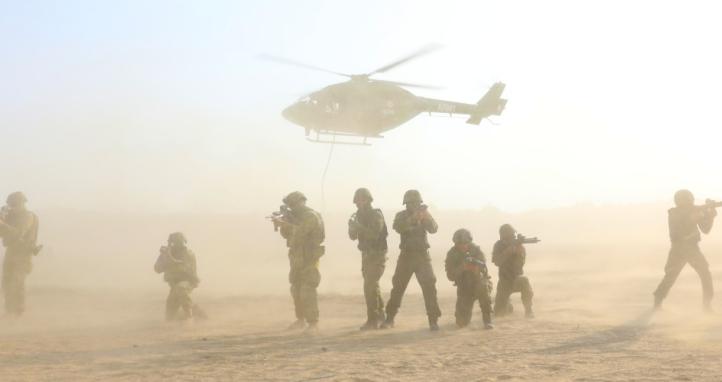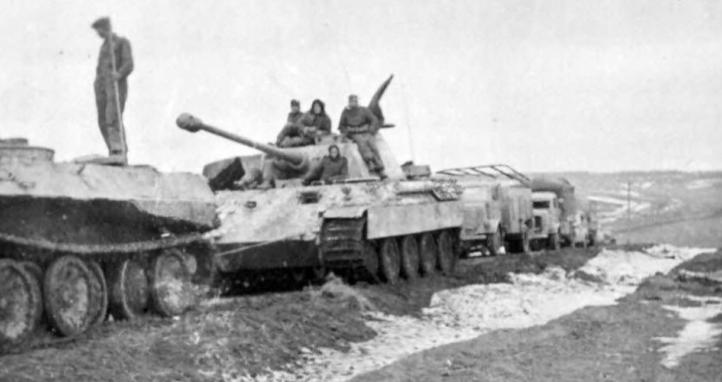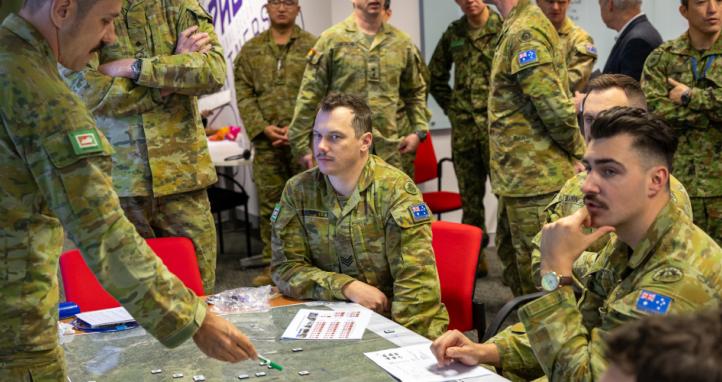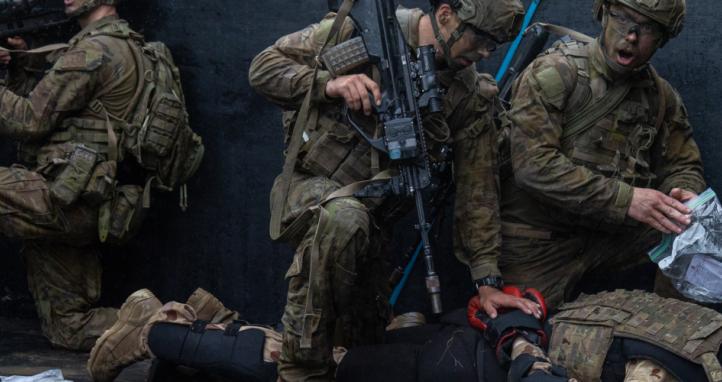Conflict transformation adopts a critical approach to peace processes and change in post-conflict societies. This CoveTalk will begin by arguing that a conflict transformation approach builds upon both the philosophical foundation Immanuel Kant’s concept of positive peace and its contemporary interpretations often characterised as peace by peaceful means. But, we might equally view this issue drawing upon Clausewitz’s notion of war as the continuation of politics by other means to explore the incomplete characteristics of how wars end. Turning briefly to the empirical evidence, we can observe that most conflicts are intrastate in nature, with a recent increase in foreign interference, and a protracted trend for conflict dynamics. Conflict transformation begins with a recognition that contemporary conflicts tend not to have neat beginnings, middles and endings. It goes further to observe that peace settlements and management strategies themselves have often been the source of deep resentment and justification for further violence. Transformation of protracted conflicts require more than the redistribution of material resources or reframing of positions into resolved outcomes. The approach builds upon a deeper analysis of identity of stakeholders, issues, historical grievances, structural factors and divergent world views. We will conclude by examining some more successful and enduring peace processes that share certain characteristics supported by the Conflict Transformation model.
When conflicts end we hope that one side achieves a decisive victory as described recently in the 'CoveTalk | Finding Victory in a Just War'. The hope for any combatant is that the end of conflict delivers a victory and an ensuing peace. However, this is often not the case as static and dynamic factors will conspire to extend conflict, harden belligerents positions and affect their capacity for action. Sometimes, they may adjust their tactics which to specifically influence or even shift to become predatory upon the very population they purport to represent and liberate from oppression. Intercommunal conflicts may see other factors hardening conflict positions such as militarisation of societies, segregation, economic disadvantage, ethnocentrism and demonisation of adversaries. In doing so combatants may find difficulties reconciling with former adversaries for peaceful co-existence.
This leads us to the question, why does violence continue when conflicts end? Dr Gavin Mount from UNSW Canberra answered this in the 2 DIV PME Series at the Randwick Barracks Officer’s Mess held on 25 July 2023.
Presenter
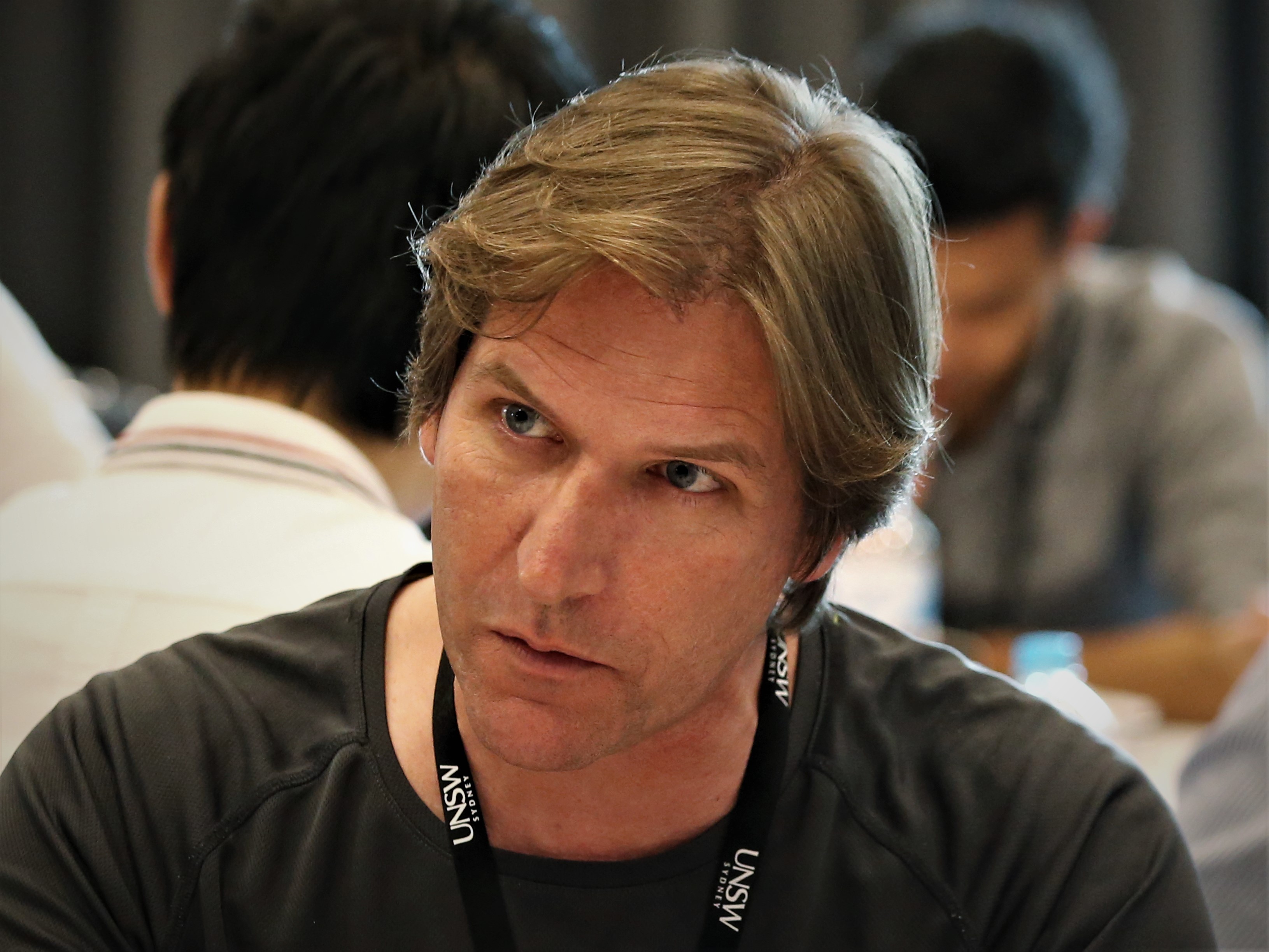
Dr Gavin Mount is a Senior Lecturer at UNSW Canberra. His primary areas of research expertise have been in the areas of ethnic conflict and nationalism. More recently he has been publishing on hybrid notions of conflict transformation and emerging challenges of decision-centric warfare. Gavin has extensive experience providing education to defence personnel at ADFA and the Australian Command and Staff College. He is the recipient of several teaching awards for both excellence in classroom and online education and is currently leading an Australasian research team on student wellbeing and an international team on the pedagogies of war crimes. He has held several editorial positions including commissioning editor of Australian Outlook since 2016.
For more CoveTalks, check out The Cove’s Features.






